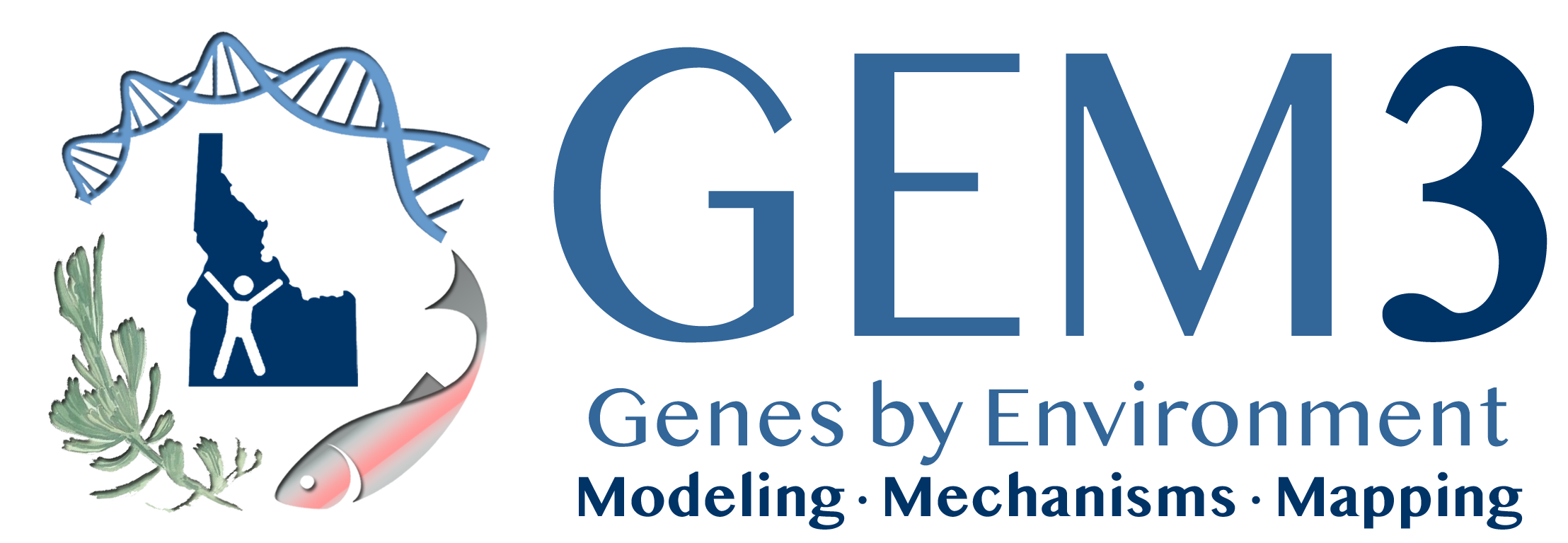DNA methylation of two heat-stress genes in redband trout from contrasting thermal environments
Epigenetic variation is a potential pathway for rapid response to environmental change and may influence local adaptation at the population level through population by environment interactions. Here, we focus on the most well-understood mechanism of epigenetic variation, DNA-methylation. Previous lab studies have shown consistent ecotypic variation in DNA-methylation, but few have attempted to quantify epigenetic variation in natural populations. We developed a study to compare levels of DNA-methylation in two heat-stress related genes in redband trout (Oncorhynchus mykiss gairdneri) from contrasting environments. We sampled trout populations from cold montane and warm desert streams at repeated intervals, collecting tissue samples that were used for epigenetic analysis and levels of DNA-methylation (percent methylation) were quantified using targeted bisulfite sequencing.
Sequencing data available from NCBI via BioProject PRJNA1016365
- thermal tolerance
- heat shock protein
Data Authors/Creators
Contact Information
- Little Jacks Creek Lower Sampling Reach
- Little Jacks Creek Upper Sampling Reach
- Big Jacks Creek Lower Sampling Reach
- Big Jacks Creek Middle Sampling Reach
- Big Jacks Creek Upper Sampling Reach
- Duncan Creek Lower Sampling Reach
- Duncan Creek Middle Sampling Reach
- Duncan Creek Upper Sampling Reach
- Keithly Creek Lower Sampling Reach
- Keithly Creek Middle Sampling Reach
- Keithly Creek Upper Sampling Reach
- Upper Mann Creek Lower Sampling Reach
- Upper Mann Creek Middle Sampling Reach
- Upper Mann Creek Upper Sampling Reach
- English
